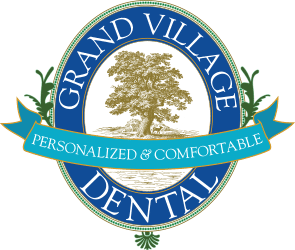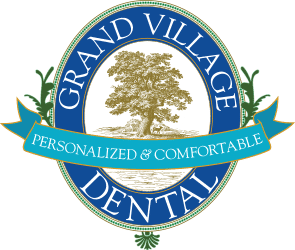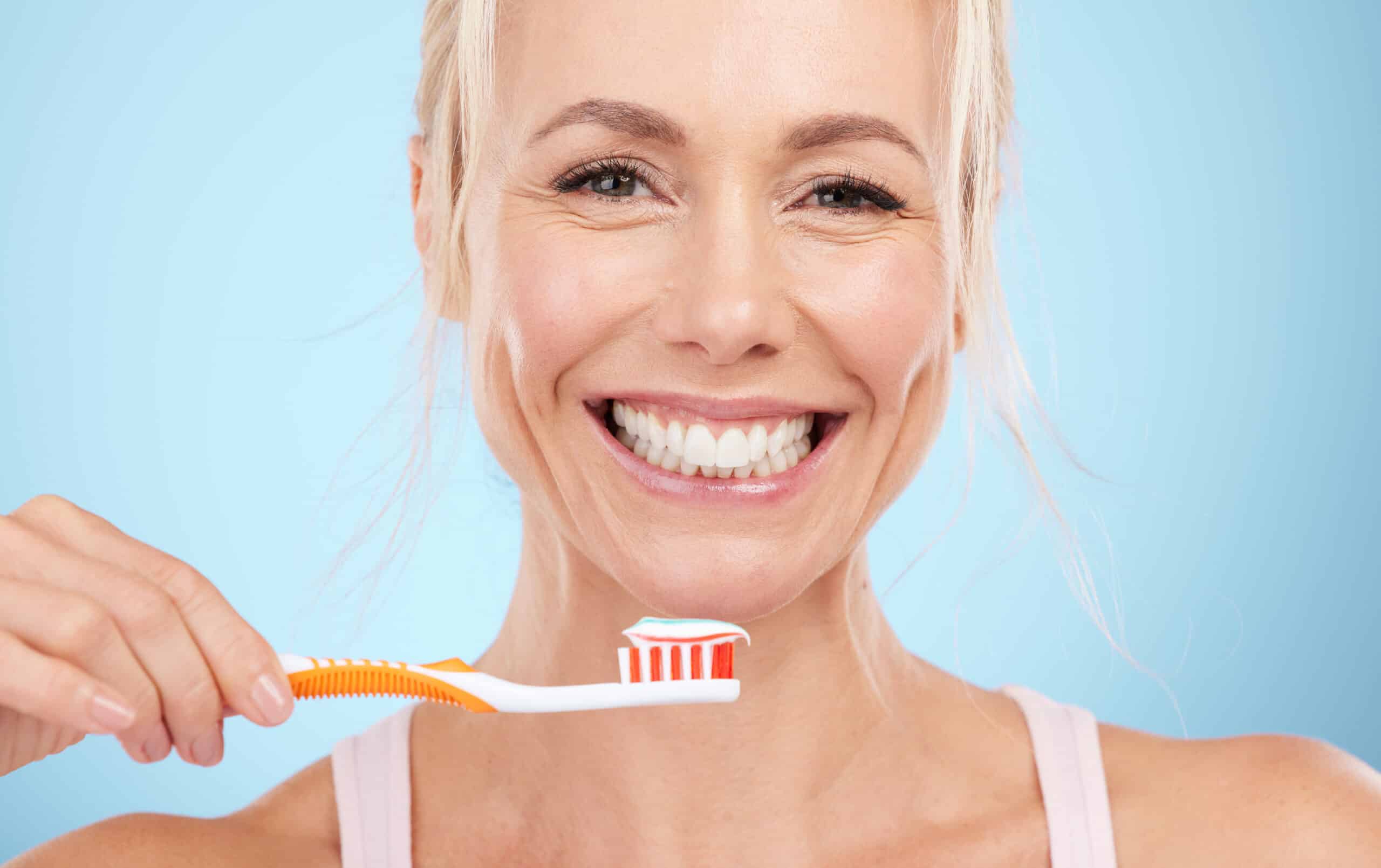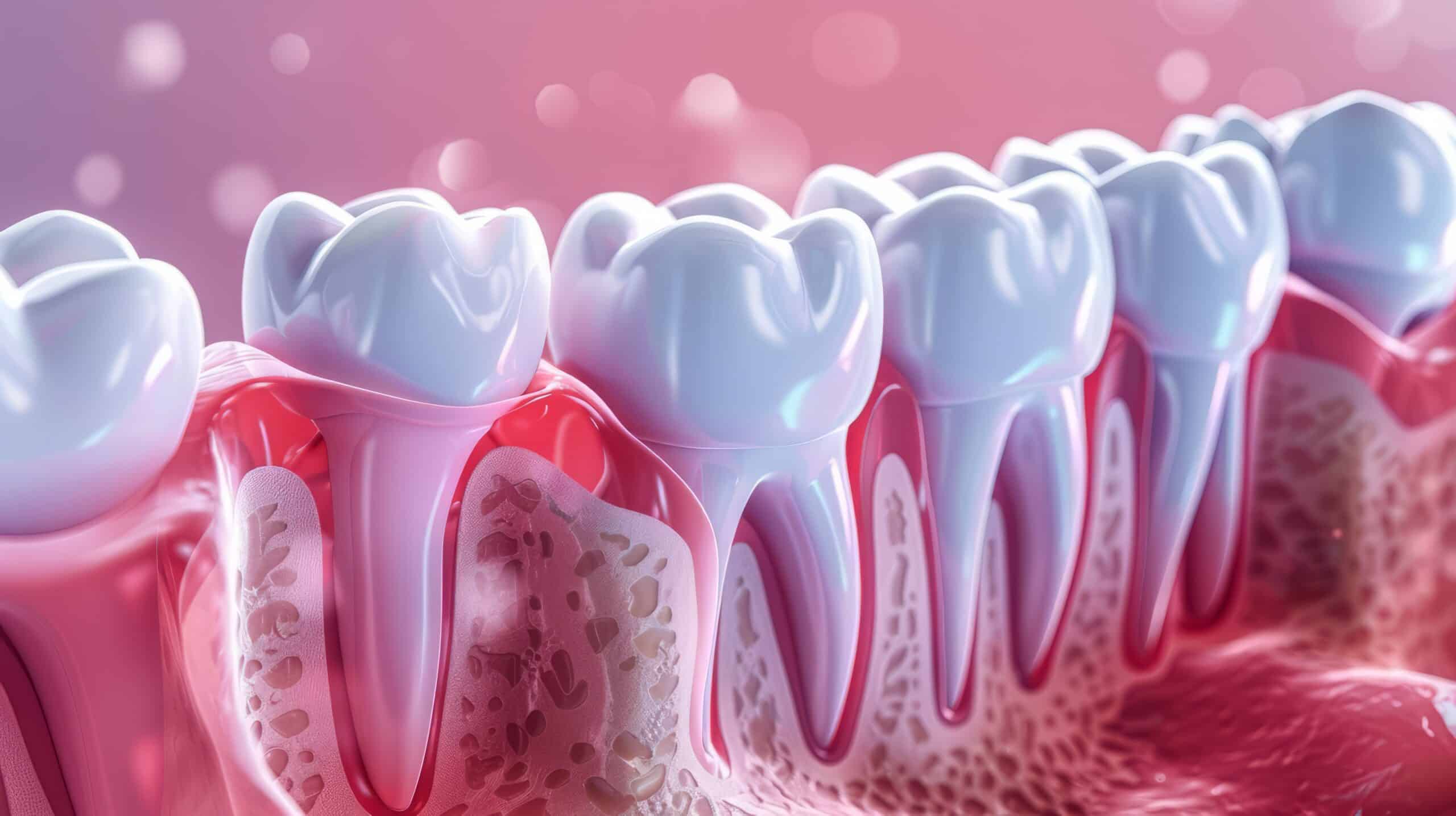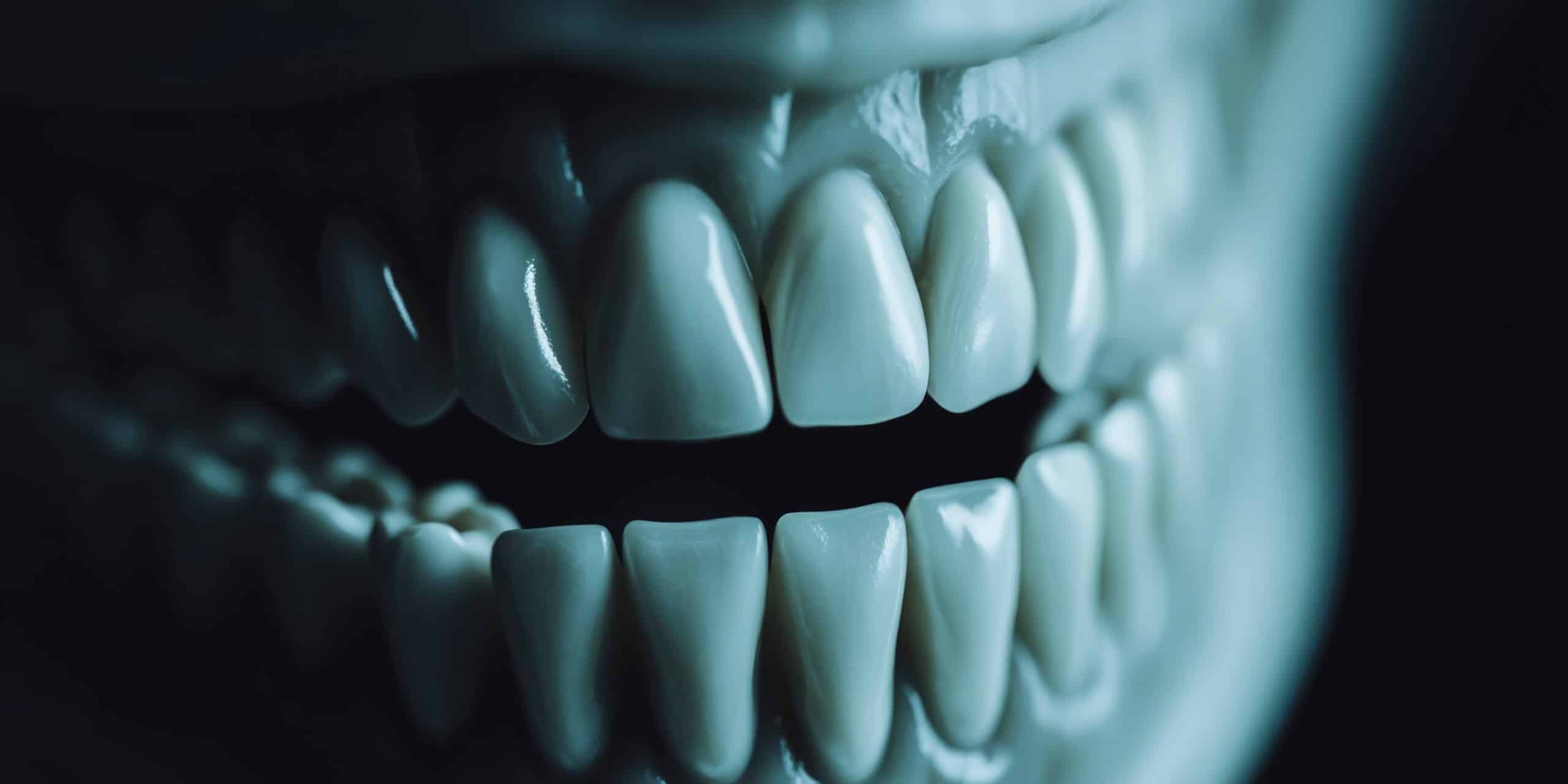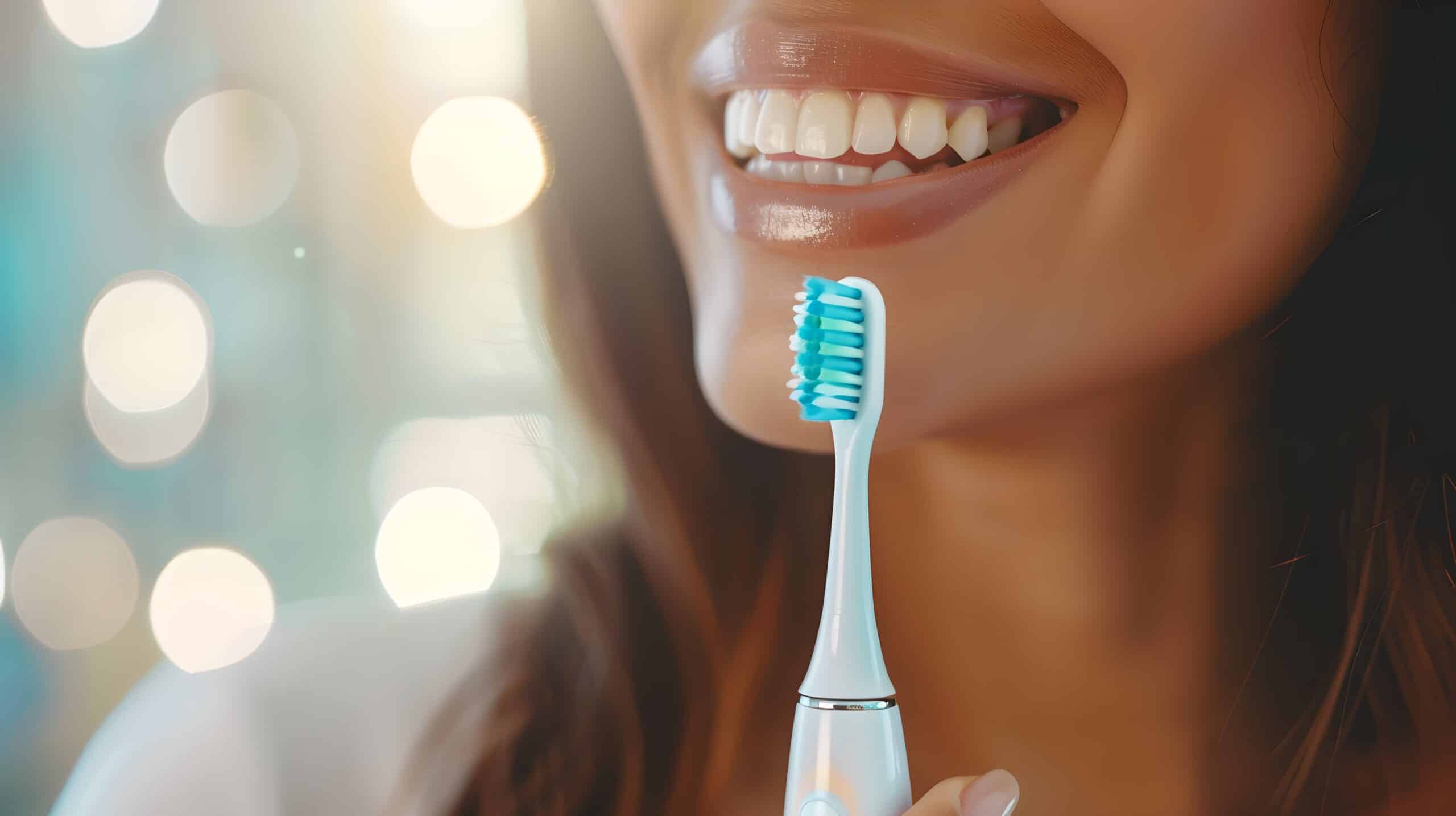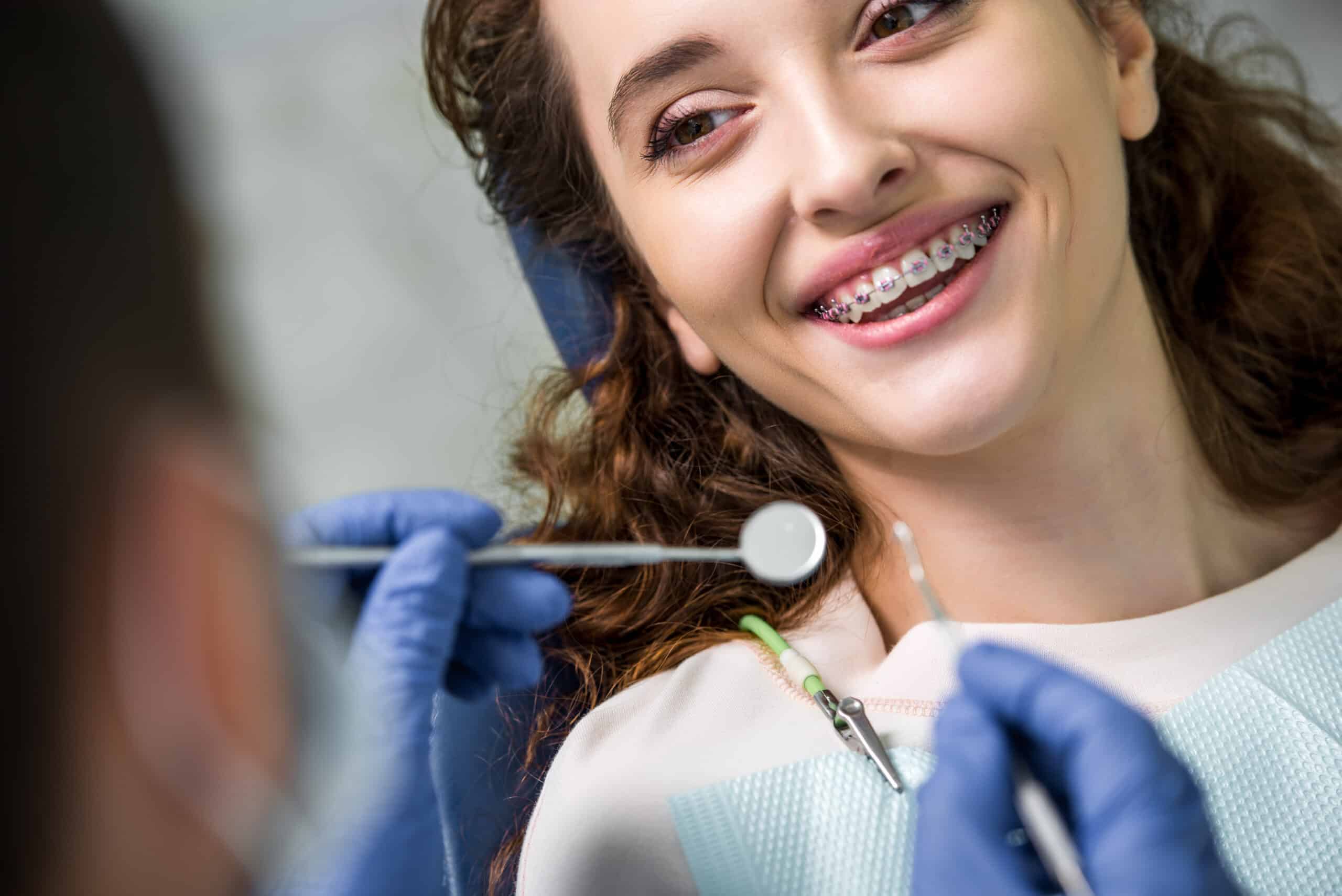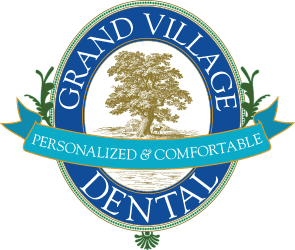We all want white teeth, but teeth and gum health come first. There is nothing more beautiful than a healthy smile. It isn’t hard to maintain a healthy mouth, but it requires discipline to create good habits.
The place to start is to identify your bad habits and quit those. That will immediately improve your oral health.
The bonus is your overall physical health is likely to improve with better teeth and gums. Scientific studies feel oral health is linked with medical health types like heart disease, stroke, and Alzheimer’s.
Here are 10 dental hygiene tips you can start with for healthier teeth and gums.
1. Brush twice daily.
Brushing your teeth is an obvious good habit, but many forgo it when it’s late and they’re tired. Toothbrushing gets rid of food debris, sugar, and bacteria in your mouth and stops it from turning into cavities. It is best if you add toothbrushing to a routine after eating sugary items or meals. The sooner you brush after eating, the better your oral health will be. Stick to a soft-bristled toothbrush to avoid damaging your teeth and gums.
2. Floss daily.
Flossing is an important but neglected habit. It dislodges food and removes plaque from between teeth. Flossing improves gum health if you take the time to use it close to your gum line between teeth.
3. Get regular dental cleanings.
This is another that seems obvious, but people often neglect going to their cleanings twice a year. People often don’t think of regular dental cleanings and exams as important if they don’t have tooth pain or other issues. Cleanings are important to teeth and gum health because they remove plaque and tartar that cause cavities and periodontitis.
4. Replace your toothbrush.
Many forget to replace their toothbrushes but they should be replaced every three to four months to remain effective in fighting cavities.
5. Brush your tongue.
You should brush your tongue when you brush your teeth. Bacteria lives on your tongue and brushing it daily reduces the amount that lives in your mouth.
6. Look at your mouth regularly.
Part of getting to know your body is understanding your mouth. Regularly looking at your mouth and teeth tells you what is normal for you. And when there is a change, you see it early, and you’re better able to get to a dentist for early treatment.
7. Quit smoking.
One of the most damaging things to your teeth, gums, and health is smoking. It causes stains and bad breath, too. It can cause oral cancer, loss of teeth, or gum issues.
8. Improve your diet.
A healthier diet will lead to better oral health through fewer cavities and gum disease. That translates to skipping sweetened beverages such as sports drinks and soda and sweet foods such as candy and cake. That also means eating more vegetables, particularly raw vegetables, such as carrots and broccoli, which are great teeth scrubbers.
9. Lower alcohol consumption.
Alcohols are a heterogeneous bunch, depending on what you consume. But some, like red wine, can stain teeth and leave sugars in your mouth that can cause issues over time. Other alcohols can impede immune defenses and worsen oral hygiene issues.
10. Get a fluoride treatment.
Dentists provide fluoride treatments to patients during exams and cleanings as an extra step in prevention. This procedure can undo early-stage cavities and shield your mouth from decay. Plus, this treatment costs extra, but it improves your oral health.
There are lots of things that people can do in order to maintain the well-being of their mouth and to protect their teeth from decay and their gums from periodontitis. Most are easy to implement and fit right in with lifestyle.
If you would like to schedule an exam, cleaning, or fluoride treatment, we invite you to contact us today.
